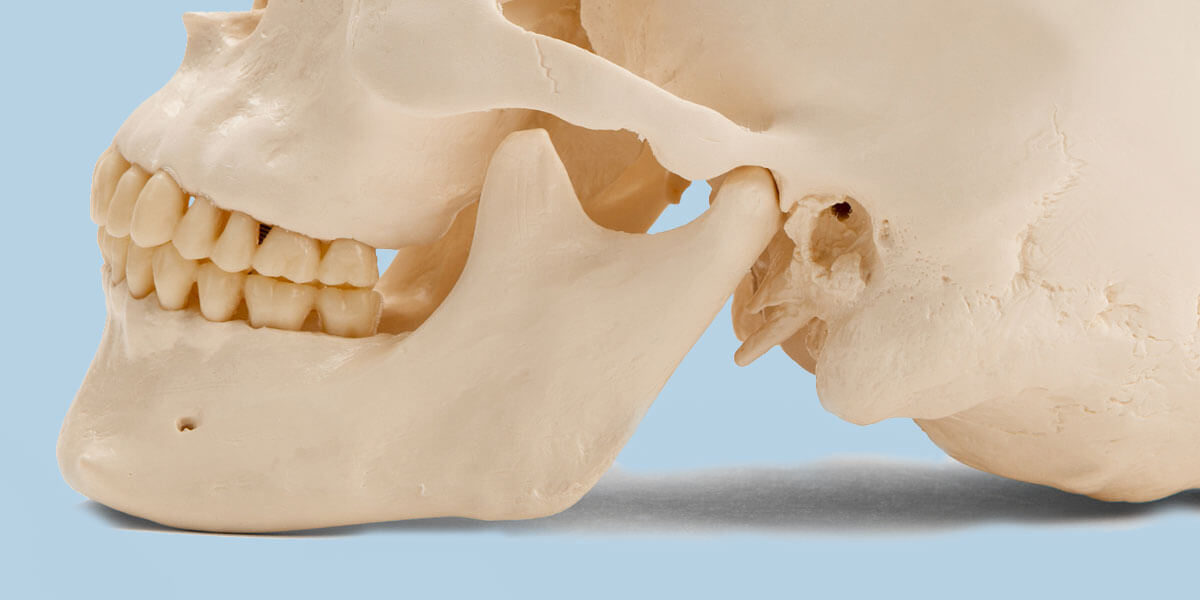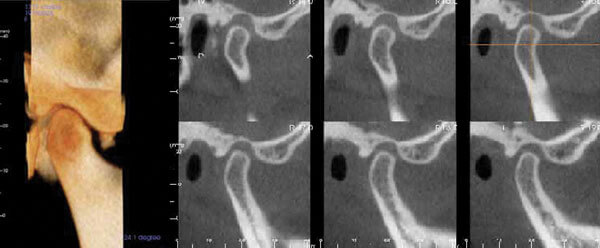TMJ Specialist in San Francisco

TMJ Specialist Dr. Chui provides comprehensive treatment to patients in San Francisco and throughout the Bay Area. Contact San Francisco Dental Wellness to learn more and schedule an appointment.
Neuromuscular Dentistry & TMJ
It is important to realize the TMJ issues consist of "the Triad” of the TM Joint, the Muscles, and the Teeth (occlusion or bite). Neuromuscular Dentistry will allow the joints, muscles, and teeth to align back in a harmonious position, which will allow the jaw to heal so that the symptoms will get better.
What Is TMJ Treatment?
The temporomandibular joints (TMJ) connect your jaw to your skull. These joints act as sliding hinges when you open or close your mouth. You probably don't think about the TMJ very much if they're working properly, but when they're causing chronic pain, it's difficult to think about anything else.
Chronic TMJ pain is referred to as TMJ disorder or TMD. TMD is difficult to diagnose since the symptoms aren't always obvious—while jaw pain is the most common symptom, TMJ issues can also manifest as headaches, ear discomfort, and a number of other issues. This is why it's important to seek a diagnosis from a dental practice that specializes in TMJ disorder.
It is important to realize the TMJ issues consist of "the Triad” of the TM Joint, the Muscles, and the Teeth (occlusion or bite). Neuromuscular Dentistry will allow the joints, muscles, and teeth to align back in a harmonious position, which will allow the jaw to heal so that the symptoms will get better.
Treatment Options
TENS
TENS stands for Transcutaneous Electrical Neural Stimulation. A TENS unit is a device that relaxes muscle through the application of a low voltage electrical current through the tissue. A TENS unit can sometimes be an effective anesthesia during dental procedures. It can also be helpful in treating chronic pain caused by TMJ disorder. Our team can help determine if this might be a useful treatment option for you.
MLS Laser Therapy
An MLS laser (multiwave locked system laser) is used in painless, minimally invasive treatment of inflammation, pain, and muscle/joint damage. Two lasers at different wavelengths are applied at once to the affected area. The first wavelength reduces inflammation and swelling while the second reaches deeper tissue and nerves to provide pain relief.
Using Laser and TENS to align the jaw positions and stabilize with an orthotic, pain from muscles in the jaw all the way down through the spine may be alleviated.
Signs You Need TMJ Treatment
- Facial tenderness, especially around the jaw and cheeks
- Headaches or migraines
- Pain, tinnitus, or feelings of fullness in or around the ears
- Difficulty chewing
- Popping and clicking sounds when eating or opening the mouth
- Locking of the jaw
We can use CBCT to view and verify the damage to the joint and the position of the cervical spine.

Why Choose San Francisco Dental Wellness?
TMJ disorder is one of our specialties at San Francisco Dental Wellness. We use high-quality custom-made night guards for occlusal splint therapy, which relaxes your jaw muscles and prevents bruxism (teeth grinding) while you sleep.
How do you fix TMJ?
For many individuals with TMJ pain, self-managed therapy, such as switching to a soft food diet during flare-ups and using ice packs to calm inflammation, is commonly indicated as a first line of treatment. If these therapies don't work, occlusal splint therapy can help relieve symptoms by relaxing the jaw during sleep.
Can TMJ go away on its own?
Yes, TMJ pain can go away on its own, especially when it's caused by an injury or a particularly stressful time in your life. If your TMJ disorder is affecting your quality of life, you should seek treatment to relieve your pain and prevent permanent joint damage.
How can I fix my TMJ without surgery?
Surgery is only advised when other treatment options have been exhausted and TMJ pain is severe. In most cases, TMJ pain can be effectively treated with self-managed care and night guards, both of which are non-surgical options.
How do night guards for TMJ work?
By relaxing tight jaw muscles, night guards (also known as occlusal splints) prevent you from grinding your teeth and clenching your jaw while sleeping, which often causes or exacerbates TMJ dysfunction.
Does stress make TMJ worse?
Stress does not directly cause TMD, but it can be a trigger for many people. Muscle tension, jaw clenching, and teeth grinding are all related to stress and anxiety, and they also lead to the jaw dysfunction that causes TMJ pain.
Call 415-781-1944 to learn more and schedule an appointment.
